Optimal Timing for Storm Restorations
Storm restorations are most effective when performed promptly after storm events to minimize damage and prevent secondary issues. The optimal time for initiating storm restoration projects depends on weather patterns, seasonal conditions, and local climate factors. Typically, late summer and early fall are considered prime periods for storm damage repairs in regions like Rock Hill, SC, due to the prevalence of thunderstorms and hurricane activity during these months.
Timely restoration after a storm can reduce long-term damage to structures and improve safety.
Late summer and early fall often see increased storm activity, making this an ideal window for repairs.
Dry weather following storms allows for safer and more efficient restoration work.
Regions experiencing frequent storms should prioritize inspections and repairs during calmer periods.

Ways to make Storm Restorations work in tight or awkward layouts.
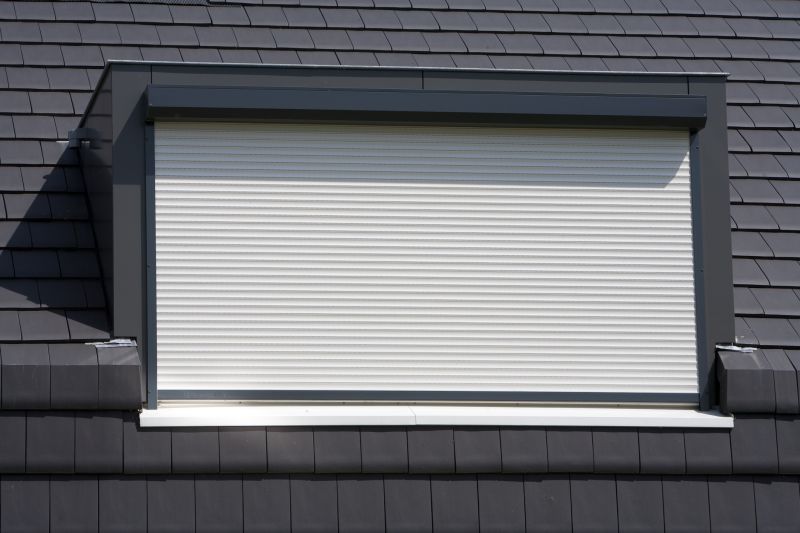
Popular materials for Storm Restorations and why they hold up over time.
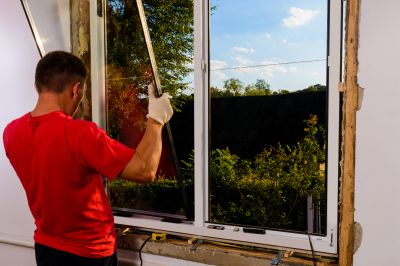
Simple add-ons that improve Storm Restorations without blowing the budget.
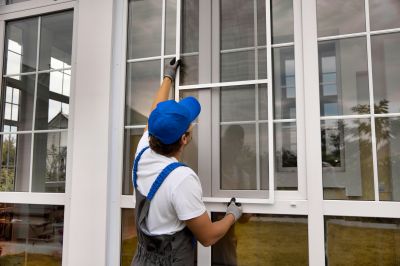
High-end options that actually feel worth it for Storm Restorations.
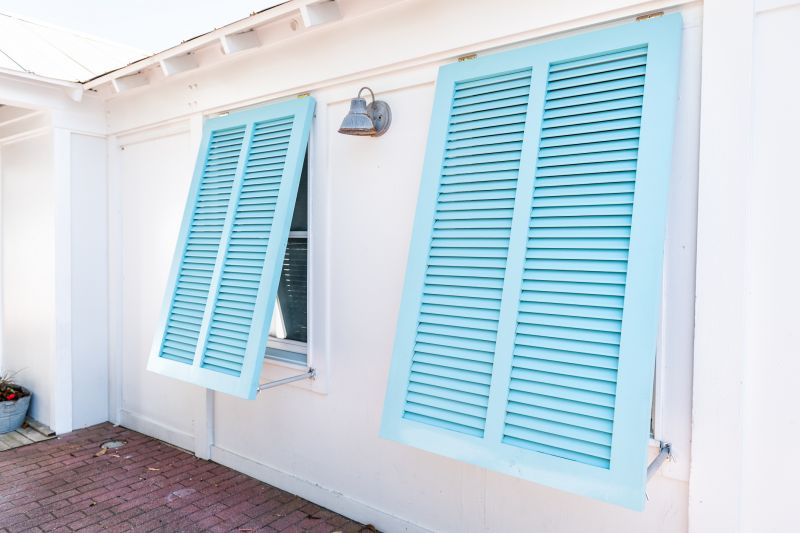
Finishes and colors that play nicely with Storm Restorations.

Little measurements that prevent headaches on Storm Restorations day.
Storm restorations encompass a range of services aimed at repairing and restoring properties damaged by severe weather events. These repairs include roof replacements, siding repairs, window reinforcements, and structural assessments. Prompt restoration not only restores the integrity of a property but also helps prevent secondary problems such as water intrusion, mold growth, and further structural deterioration.
Statistics indicate that properties repaired shortly after storm events tend to have reduced repair costs and minimized downtime. In regions like South Carolina, where storm activity is common, timely responses are crucial for maintaining property value and safety. Proper planning and swift action can significantly mitigate the impact of storms and ensure properties remain resilient against future events.

A 60-second routine that keeps Storm Restorations looking new.
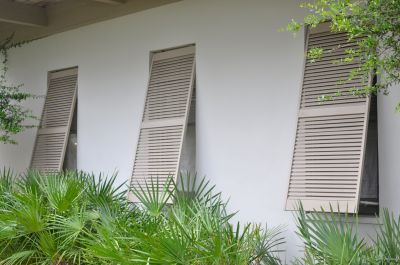
A frequent mistake in Storm Restorations and how to dodge it.

Small tweaks to make Storm Restorations safer and easier to use.

Lower-waste or water-saving choices for Storm Restorations.
| Storm Season | Optimal Restoration Period |
|---|---|
| Spring | Late spring to early summer |
| Summer | Late summer and early fall |
| Fall | Early fall |
| Winter | Post-storm assessments and repairs |
| Hurricane Season | During and immediately after storms |
